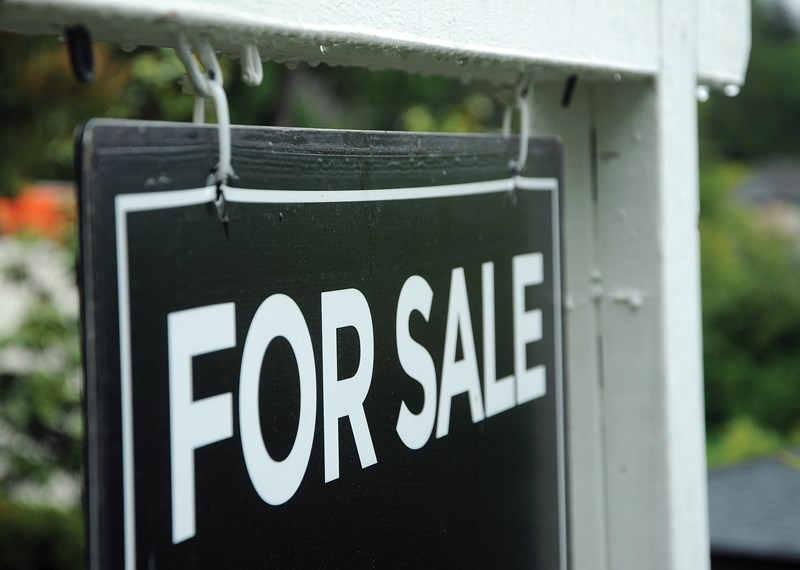Canada’s housing market cooled off last year, but no one told the North Shore.
Real estate sales dropped nearly 6.7 per cent across the country during the 12-month period ending in June 2017, according to the Canadian Real Estate Association. Excluding the greater Vancouver and Toronto areas, the price of an average Canadian house is about $394,660.
Despite national trends, the benchmark price of a single family home in North Vancouver rose 1.2 per cent to hit $1,690,600 in June, a 98 per cent increase from a decade ago, according to the Real Estate Board of Greater Vancouver.
The benchmark price in West Vancouver dropped 4.4 per cent from last year to $3,127,100. However, the price still represents a 106 per cent increase from 10 years ago.
The North Shore’s miniscule vacancy rates are part of the reason housing costs overall continue to climb, noted municipal consultant Alex Boston.
“Supply is being outstripped by demand, and that’s just a simple economic function,” he said.
Vacancy rates range from 0.1 per cent in the District of North Vancouver to 0.3 per cent in the City of North Vancouver, according to a 2016 survey released by the Canada Housing and Mortgage Corporation.
The affordability crisis is exacerbated by the huge swaths of residential land dedicated to single-family homes, according to Boston.
With fewer people living in those homes, the neighbourhoods are effectively “hollowed out.” And while some larger developments have been approved in recent years, there’s very little between single-family neighbourhoods and “intense spikes in density,” according to Boston.
“Municipalities have been asleep at the wheel building a product that doesn’t represent our demographic reality,” he noted, referring to a recent jump in apartment prices.
The price for an average West Vancouver apartment leaped 21.5 per cent over a 12-month stretch to a price of $1,168,000, according to the Real Estate Board of Greater Vancouver.
Apartment prices in North Vancouver shot up 16.6 per cent to an average price of $528,200.
The jump can be partially attributed to competition among a growing number of downsizers, according to Boston.
West Vancouver is unique in that mortality is a “major determinant” of population, Boston said.
“People are literally dying to get out of their big single-family homes in West Vancouver.”
Part of the solution is to allow secondary suites, laneway houses, and the stratification of single-family homes, according to Boston.
Changing regulations would allow seniors to downsize without leaving their street while simultaneously protecting neighbourhood character, according to Boston.
“If we want to create rapid, affordable housing units … literally in the next two years, this stuff is already built.”
The strong economy is also creating housing demand, according to B.C. Real Estate Association economist Brendon Ogmundson.
“Most areas are seeing tight market conditions and significant upward pressure on prices,” he stated.
Despite a 6.2 per cent dip in real estate listings since June 2016, housing prices in B.C. ticked up about 4.4 per cent over the same period.
There were 11,671 sales across B.C. in June, down 9.6 per cent from the bonanza of June 2016. Approximately $8.47 billion changed hands during the period, a drop of 5.6 per cent, according to the BCREA.



